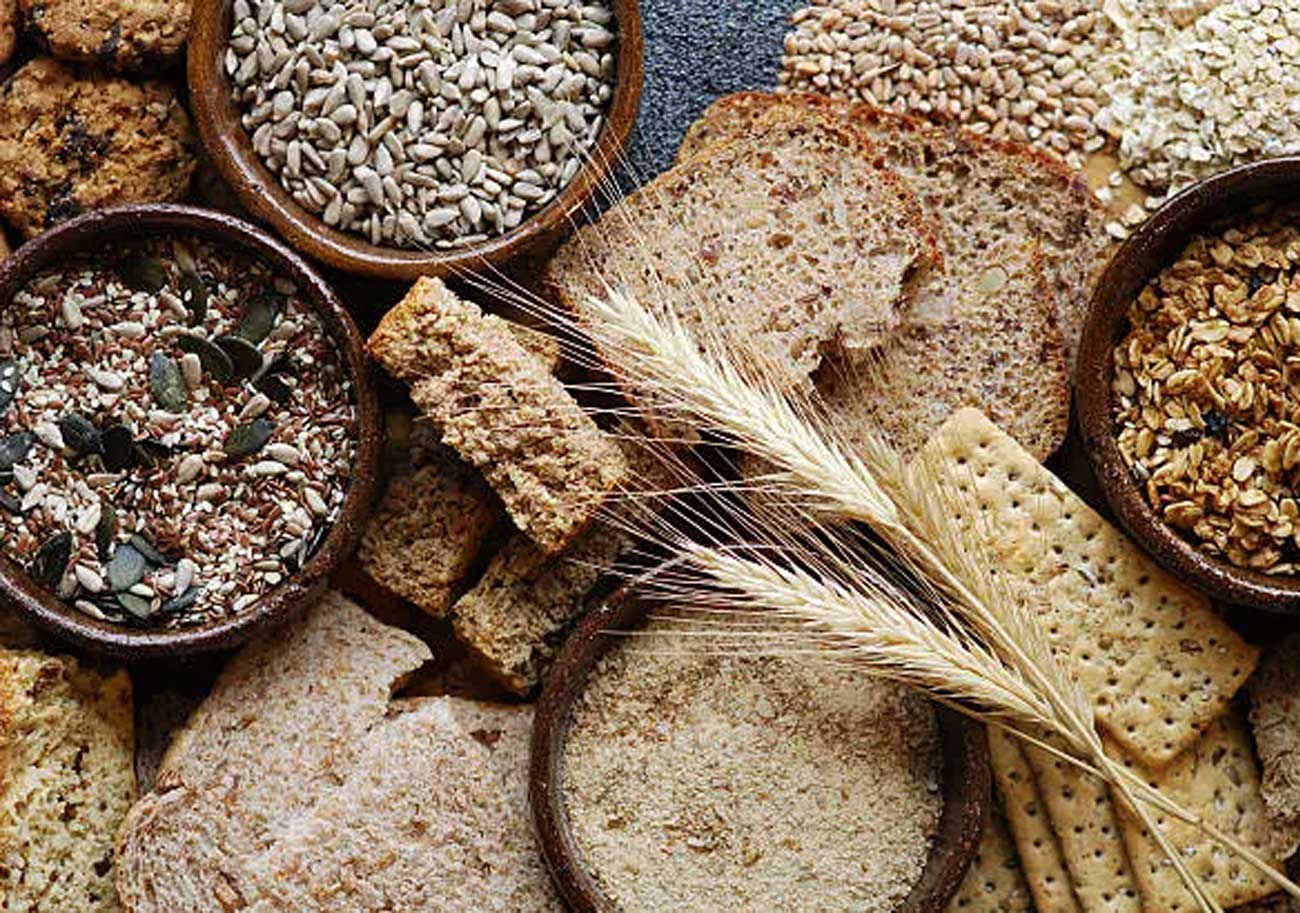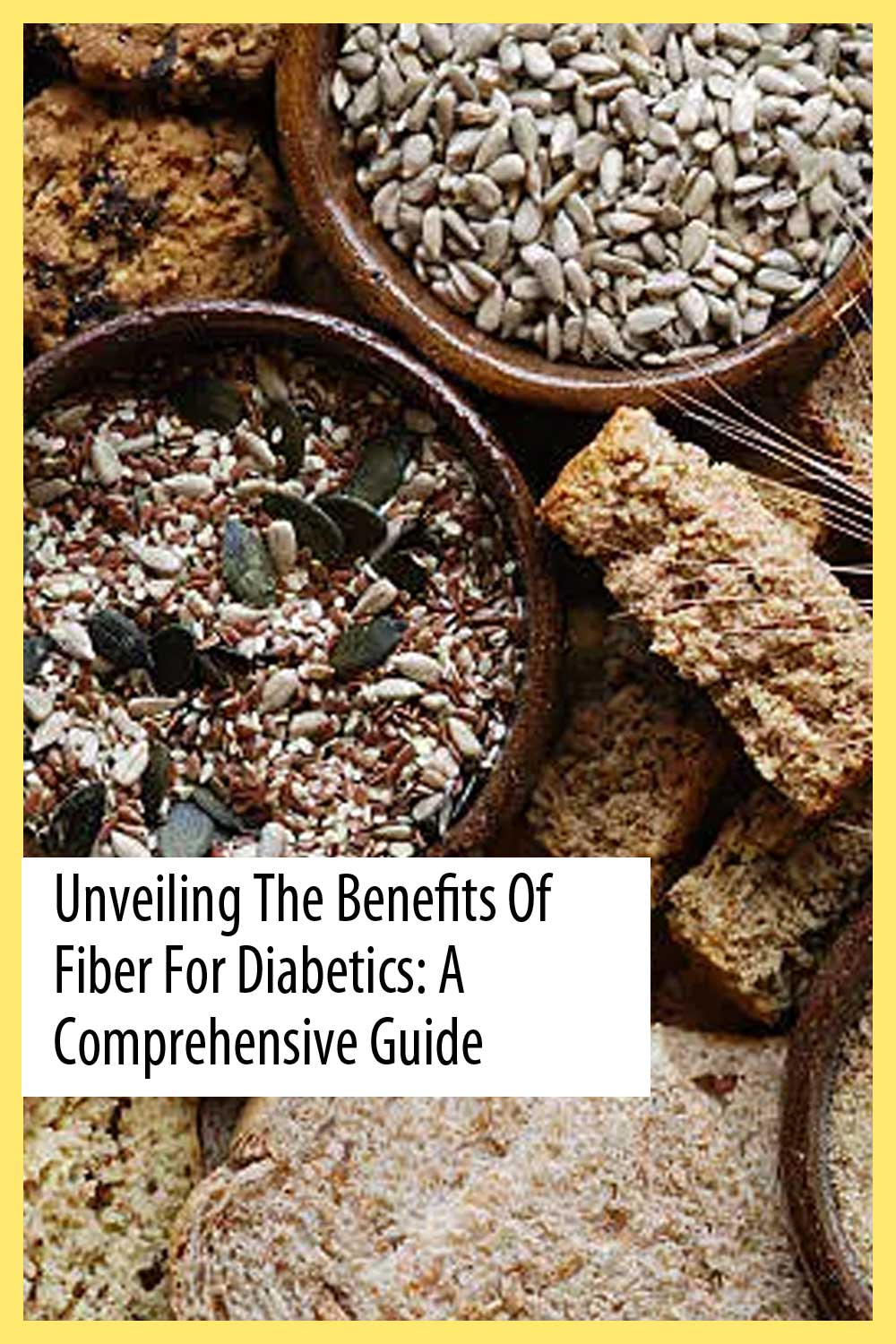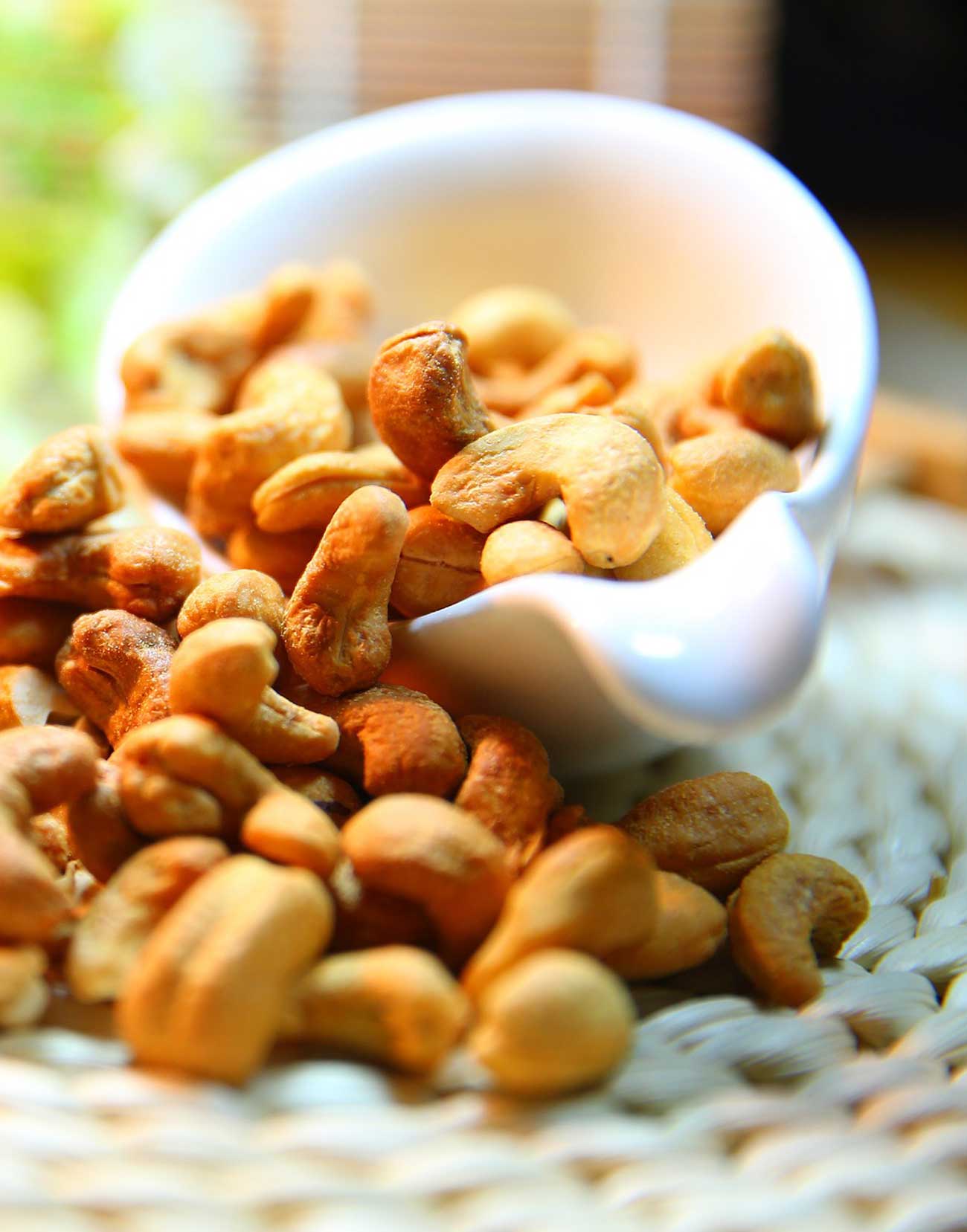
Unveiling the Benefits of Fiber for Diabetics: A Comprehensive Guide
Fiber is a crucial component of a healthy diet, and its significance for individuals with diabetes cannot be overstated. Understanding the role of fiber and incorporating it into a diabetic-friendly diet can have profound effects on blood sugar control and overall well-being. This comprehensive guide aims to shed light on the numerous benefits of fiber for people living with diabetes and provide insights into the best sources of dietary fiber.
The Role of Fiber in Blood Sugar Management
Diet plays a pivotal role in managing diabetes, and fiber is a dietary element that can significantly impact blood sugar levels. Fiber, particularly soluble fiber found in certain foods, can slow down the digestion and absorption of carbohydrates. This results in a gradual release of glucose into the bloodstream, preventing sudden spikes in blood sugar levels after meals.
Improving Insulin Sensitivity
Research indicates that diets rich in fiber may enhance insulin sensitivity, a key factor in diabetes management. Increased insulin sensitivity enables the body to utilize insulin more effectively, facilitating better regulation of blood sugar levels. This is especially beneficial for individuals with insulin resistance, a common condition associated with type 2 diabetes.
Weight Management and Satiety
Fiber-rich foods tend to be more filling and satisfying, promoting a sense of fullness and reducing overall calorie intake. For individuals with diabetes, managing weight is essential, as excess weight can worsen insulin resistance and complicate blood sugar control. Including fiber in the diet can support weight management efforts and help maintain a healthy body weight.
Heart Health Benefits
Heart disease is a significant concern for individuals with diabetes, making heart-healthy dietary choices crucial. Fiber has been linked to improved heart health by aiding in the reduction of cholesterol levels. Specifically, soluble fiber can lower LDL cholesterol, often referred to as “bad” cholesterol, and help maintain a healthy cardiovascular system.
Promoting Digestive Health
Fiber is well-known for its role in promoting digestive health. For individuals with diabetes, who may experience digestive issues due to medications or other factors, a diet rich in fiber can help prevent constipation and maintain a healthy digestive tract.
Sources of Dietary Fiber
To reap the benefits of fiber, it’s essential to incorporate a variety of fiber-rich foods into the daily diet. Some excellent sources of fiber include:
- Fruits and Vegetables: Incorporate a colorful array of fruits and vegetables into your meals. Berries, apples, pears, spinach, and broccoli are excellent choices.
- Whole Grains: Opt for whole grains like oats, quinoa, brown rice, whole grain bread, and whole wheat pasta.
- Legumes: Include lentils, chickpeas, black beans, and peas in your diet to boost fiber intake.
- Nuts and Seeds: Enjoy almonds, chia seeds, flaxseeds, and walnuts as healthy snacks or additions to meals.
Conclusion
Fiber is a dietary powerhouse for individuals managing diabetes. Its positive impact on blood sugar regulation, insulin sensitivity, weight management, heart health, and digestion make it a crucial component of a diabetic-friendly diet. By incorporating a variety of fiber-rich foods into your daily meals, you can enhance your overall health and well-being while effectively managing diabetes. Always consult with a healthcare professional or registered dietitian to create a personalized nutrition plan that suits your individual needs and health condition.

Unveiling the Benefits of Fiber for Diabetics: A Comprehensive Guide
Medical Advice Disclaimer
DISCLAIMER: THIS WEBSITE DOES NOT PROVIDE MEDICAL ADVICE
I am not a doctor. The information, including but not limited to, text, graphics, images and other material contained on this website are for informational purposes only. No material on this site is intended to be a substitute for professional medical advice, diagnosis or treatment. Always seek the advice of your physician or other qualified health care provider with any questions you may have regarding a medical condition or treatment and before undertaking a new health care regimen, and never disregard professional medical advice or delay in seeking it because of something you have read on this website.



